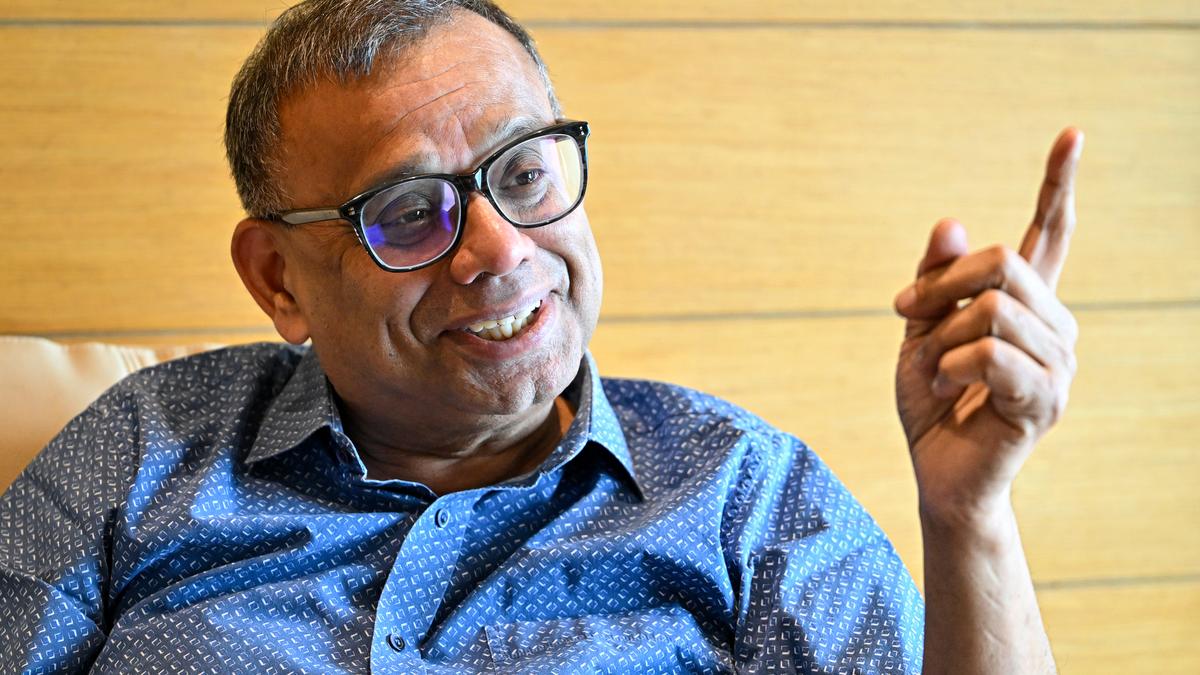Anupam Goswami, Business Head of Mashal Sports and chairman of the Pro Kabaddi League, says the primary focus should be to pitch the sport for the 2030 Commonwealth Games, which India might be hosting.
| Photo Credit: K.R. DEEPAK
Kabaddi is considered one of the ancient sports in India, with a few historians even suggesting that it dates back to the Vedic period. Till about a couple of decades ago, this contact team sport was considered ‘rustic’, predominantly played in the rural backdrop of the country.
But today, thanks to the Pro Kabaddi League (PKL), the sport has reached almost every household overnight, players have become celebrities, teams have carved their own brand identities, and PKL is only behind cricket in terms of viewership.
Like all sports leagues, PKL has had its own ups and downs in its journey.
“Choosing an indigenous team contact sport as kabaddi, itself was a daring move. But Mashal and then Star India decided to do it. The journey began in 2014 with just eight teams and today we are in 12 season with 12 teams, and our popularity is only growing. The very fact that kabaddi players today are paid the highest salaries, when compared to any other league, except cricket, stands as a testimony to its success,” Anupam Goswami, Business Head of Mashal Sports and Chairman-PKL, said in an exclusive chat with The Hindu.
What also contributes to PKL’s success is that the owners of each team, ranging from the Kotaks to Abhishek Bachchan and from the Adanis to GMR, are passionate about the game, their club, the league, and are focused on scouting the best talent from across India and developing them into fine athletes.
Steady growth
The fan following has also steadily grown. In 2014, PKL caught the imagination of the nation, generating a viewership of over 43 crore across the country in its inaugural season, the highest after cricket. This had set the ball rolling, but the challenge was to present a game like kabaddi before a new-age sports fan and do it as a contemporary and future-looking sport.
According to Goswami, content plays an important role. “The sport has to keep evolving and cannot take the audience for granted. The challenge is to innovate and make it more engaging for the contemporary and the next generation,” he noted.
Goswami also called for the Indian government to push for kabaddi’s inclusion in various global events. “It is now up to the government and federations to pitch kabaddi as an Olympic sport. But our primary focus should be to pitch the game for the 2030 Commonwealth Games, which India might be hosting,” he remarked.
Published – September 11, 2025 07:38 pm IST
